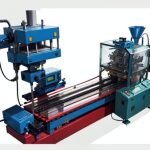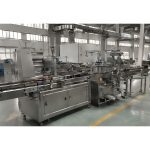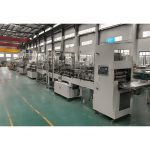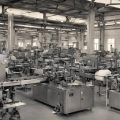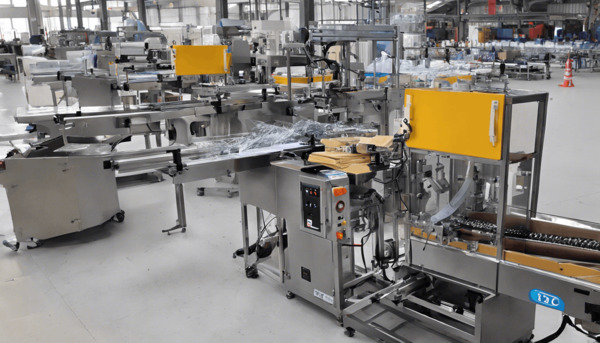
Understanding the Function of a Sealing Machine
A sealing machine is an essential piece of equipment in various industries, primarily used for sealing products, packaging, and containers to ensure the contents are protected from contamination, leakage, and spoilage. Sealing machines are crucial in maintaining product integrity, extending shelf life, and ensuring safety and hygiene standards are met. This comprehensive guide will delve into the different types of sealing machines, their functions, and their applications across various industries.
Types of Sealing Machines
Sealing machines come in various types, each designed for specific applications and materials. The most common types include:
1. Heat Sealing Machines: These machines use heat to seal thermoplastic materials. The heat melts the plastic at the interface of the materials, creating a bond as it cools. Heat sealing is widely used in the food and beverage industry for sealing plastic bags, pouches, and other packaging materials.
2. Induction Sealing Machines: Induction sealing uses electromagnetic induction to create a hermetic seal. It is commonly used for sealing the tops of bottles and jars with a foil seal. This method is prevalent in the pharmaceutical and food industries to ensure tamper-evidence and product freshness.
3. Vacuum Sealing Machines: Vacuum sealers remove air from the package before sealing it. This method is used to extend the shelf life of perishable goods by reducing oxidation and inhibiting the growth of microorganisms. Vacuum sealing is popular in the food industry, particularly for meat, cheese, and other perishables.
4. Impulse Sealing Machines: Impulse sealers use a brief pulse of electricity to heat the sealing wire, which then melts the plastic. These machines are often used for sealing polyethylene and polypropylene bags and are favored for their energy efficiency and quick operation.
5. Continuous Band Sealing Machines: These machines are designed for high-speed sealing of bags and pouches. They use a continuous band to transport the package through the sealing process, making them ideal for large-scale production environments.
Functions of Sealing Machines
The primary function of a sealing machine is to close and secure packaging materials to protect the contents. Here are some specific functions and benefits:
1. Product Protection: Sealing machines ensure that products are protected from external elements such as moisture, dust, and contaminants. This is crucial for maintaining product quality and safety, especially in the food, pharmaceutical, and cosmetic industries.
2. Shelf Life Extension: By creating airtight seals, sealing machines help extend the shelf life of products by preventing spoilage and degradation. This is particularly important for perishable goods that require longer storage times.
3. Tamper Evidence: Sealing machines provide tamper-evident seals that indicate whether a product has been opened or altered. This is a critical feature for consumer safety and trust, especially in the pharmaceutical and food industries.
4. Leak Prevention: Proper sealing prevents leaks and spills, which is essential for liquid products. This function is vital for maintaining the integrity of the product and preventing waste.
5. Aesthetic Appeal: Sealing machines can also enhance the aesthetic appeal of packaging by providing clean and professional seals. This is important for brand image and consumer appeal.
Applications Across Industries
Sealing machines are used across a wide range of industries, each with specific requirements and standards:
1. Food and Beverage Industry: Sealing machines are extensively used to package snacks, dairy products, beverages, and ready-to-eat meals. They help maintain freshness and prevent contamination.
2. Pharmaceutical Industry: In this industry, sealing machines are used to package medicines, tablets, and capsules. They ensure that the products are tamper-evident and protected from environmental factors.
3. Cosmetic Industry: Sealing machines are used to package creams, lotions, and other cosmetic products. They help maintain product integrity and prevent leaks.
4. Electronics Industry: Sealing machines are used to package electronic components and devices, protecting them from moisture and static electricity.
5. Automotive Industry: In this sector, sealing machines are used to package spare parts and components, ensuring they remain free from dust and corrosion.
Conclusion
Sealing machines play a vital role in modern manufacturing and packaging processes. Their ability to protect, preserve, and enhance products makes them indispensable across various industries. Whether it’s extending the shelf life of food products, ensuring the safety of pharmaceuticals, or maintaining the integrity of electronic components, sealing machines provide the necessary solutions to meet industry demands. As technology advances, sealing machines continue to evolve, offering more efficient, reliable, and versatile solutions for packaging needs.
